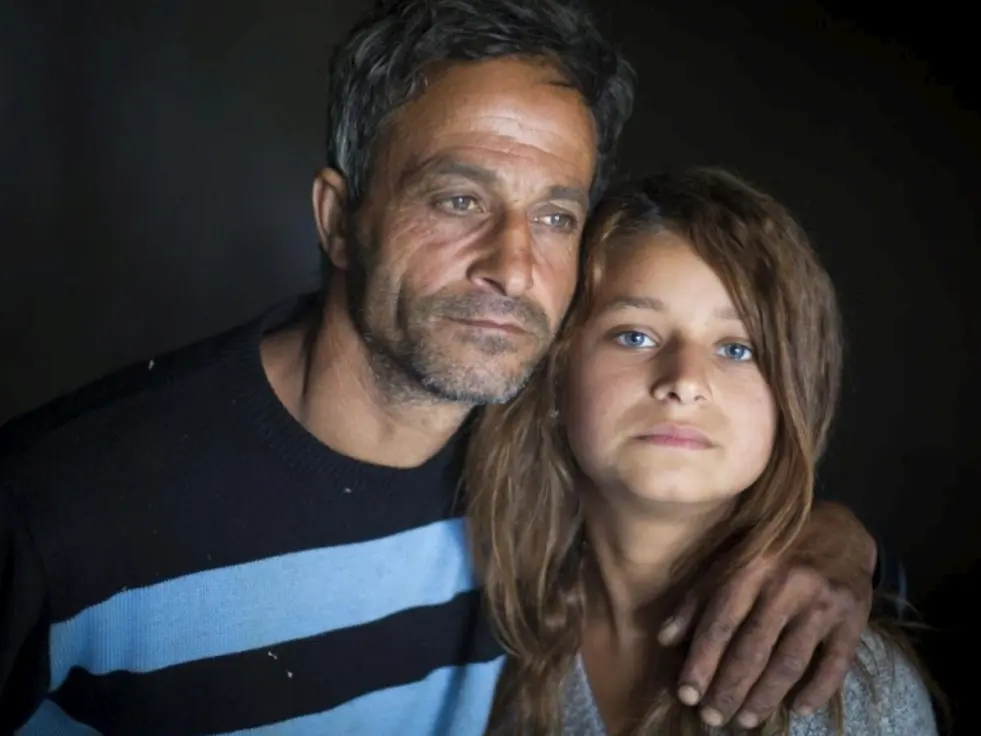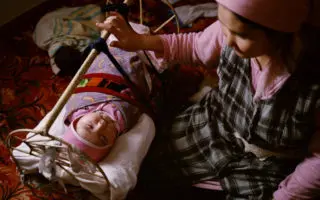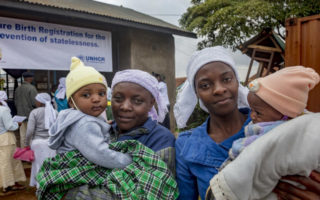
Father Mivtar and his daughter, Lirije, were among people left stateless by the dissolution of Yugoslavia in the 1990s. A programme by the Republic of North Macedonia allowed children like Lirije to obtain birth certificates and attend school. © UNHCR/Roger Arnold
North Macedonia acceded to the 1961 Statelessness Convention on Friday 3rd January, making it among the first countries to do so since the High-Level Segment on Statelessness held in Geneva in October 2019. During the meeting, States, civil society and international and regional organizations made a total of 358 pledges to address statelessness. In Europe, North Macedonia and other countries announced 40 commitments towards the goal of ending statelessness.
UNHCR convened the High-Level Segment on Statelessness to mark the mid-point of its ten year #IBelong campaign, which was launched in 2014 to eradicate statelessness by 2024.
Statelessness affects millions of people around the world, often denying them access to basic rights and official recognition that most people take for granted.
- See More: Kazakhstan amends laws to ensure universal birth registration and prevent childhood statelessness
Some 3.9 million stateless people appear in the reporting of 78 countries, but UNHCR estimates the actual total to be significantly higher.
North Macedonia has been a party to the 1954 Convention relating to the Status of Stateless Persons since 1994. Accession to both statelessness conventions signals a government’s commitment to protect stateless persons, and to address causes of statelessness such as gaps in nationality laws.
For more information, please contact:
- In Geneva: Liz Throssell, throssel@unhcr.org, +41 79 337 7591
- In Skopje: Ljubinka Brashnarska, brashnar@unhcr.org, +389 722 693 46
Originally published on UNHCR on 07 January 2020





